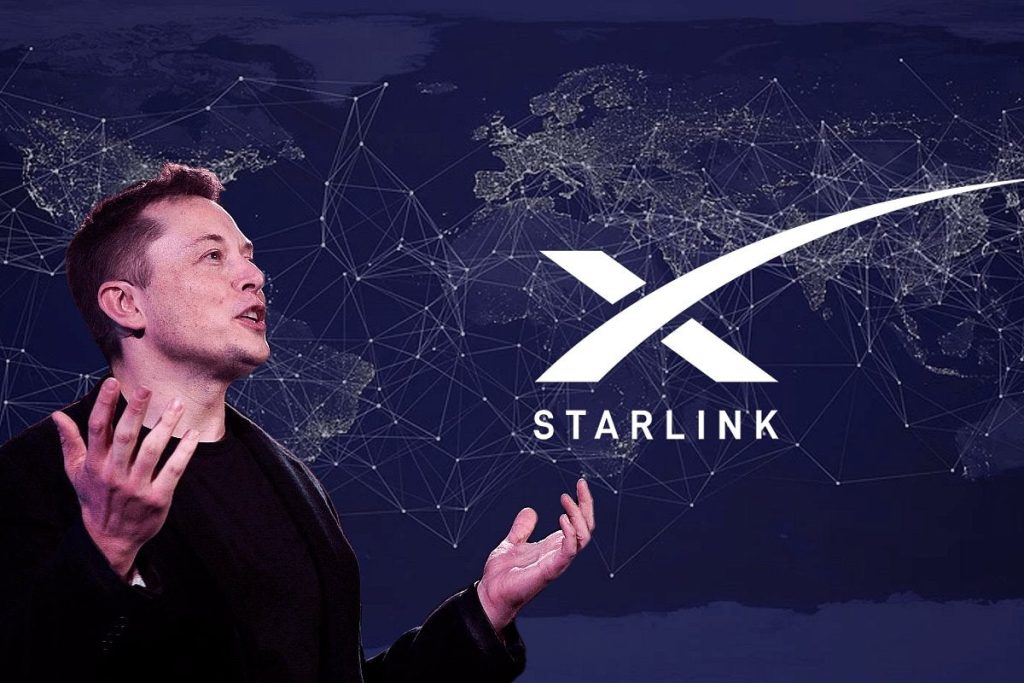
Safaricom CEO Peter Ndegwa recently expressed mixed feelings about the entry of global tech figures like Elon Musk into the African telecommunications landscape. During a discussion, Kenyan President William Ruto highlighted the competitive edge that Musk’s presence brings to the market. “I keep encouraging Peter that competition makes you keep ahead, and he’s been doing pretty well,” Ruto noted, acknowledging Ndegwa’s efforts to adapt amidst rising competition.
Starlink, Musk’s satellite internet service operated by Starlink Services—a subsidiary of SpaceX—was launched in Kenya in July 2023. This initiative quickly disrupted the local internet market by offering affordable, high-speed internet options. Musk, who was present at the United Nations General Assembly (UNGA), engaged with various African leaders, reinforcing the idea that Starlink could compel local providers to enhance their services. “As the President of Kenya says, Starlink causes local competitors to provide better services,” Musk stated, echoing Ruto’s sentiments.
The arrival of Starlink in Kenya has significantly altered the telecommunications landscape. In just nine months, the service dramatically increased the number of satellite internet subscribers, multiplying figures more than tenfold by March 2024. This surge alarmed traditional internet service providers, prompting calls for government intervention to level the playing field. Currently, Starlink offers a competitive 50-gigabyte data package in Kenya priced at KSh 1,300 (approximately $9), which is aimed at fixed residential locations across the country.
The pricing translates to KSh 26 per gigabyte, considerably lower than the national average of KSh 76.20 per gigabyte. Additionally, Starlink boasts speeds of up to 220 Mbps, a remarkable contrast to Kenya’s average internet speed of 9.78 Mbps, as reported by the Communications Authority of Kenya (CA). This substantial difference in performance underscores Starlink’s potential to revolutionize internet access in the region.
Starlink’s technology relies on a network of satellites orbiting the Earth, allowing it to provide internet access to areas where traditional cable or fiber-optic infrastructure is lacking. This advantage is particularly pronounced in rural regions, where existing internet providers, such as Safaricom, Telkom, Faiba, and Zuku, often struggle to extend their services.
Although Musk had not yet met with Ruto at the time of reporting, he had engaged with several other world leaders during the UNGA. Discussions focused on potential investments and the expansion of Starlink services into additional African countries. Among those Musk met were South African President Cyril Ramaphosa, Italian Prime Minister Giorgia Meloni, and the President of Namibia, Nangolo Mbumba, whose country recently welcomed Starlink.
The implications of Starlink’s entry into the African market raise important questions about the future of internet access across the continent. Musk’s venture could potentially bridge the digital divide, particularly in underserved areas that have long been neglected by conventional internet service providers. The hope is that increased competition will not only lead to better services from existing providers but also accelerate the pace of technological adoption throughout the region.
However, skepticism remains about whether Starlink can fully address Africa’s patchy broadband access. While the service has made significant strides in a short time, questions persist regarding its scalability and sustainability in diverse geographic and economic contexts. As Starlink continues to expand its reach, the effectiveness of its model in meeting the unique challenges of African nations will become increasingly evident.
As Africa grapples with issues of connectivity and digital inclusion, the presence of innovative solutions like Starlink could pave the way for a more interconnected future. The potential benefits of satellite internet are substantial, but the road ahead will require careful navigation to ensure that all communities can access the benefits of this technology.
In summary, while Starlink has already made an impact in the Kenyan market, its long-term success in transforming internet access across Africa will depend on its ability to adapt to the region’s unique challenges and dynamics. With continued investment and collaboration among local and international stakeholders, the dream of widespread, reliable internet access in Africa may finally become a reality.






